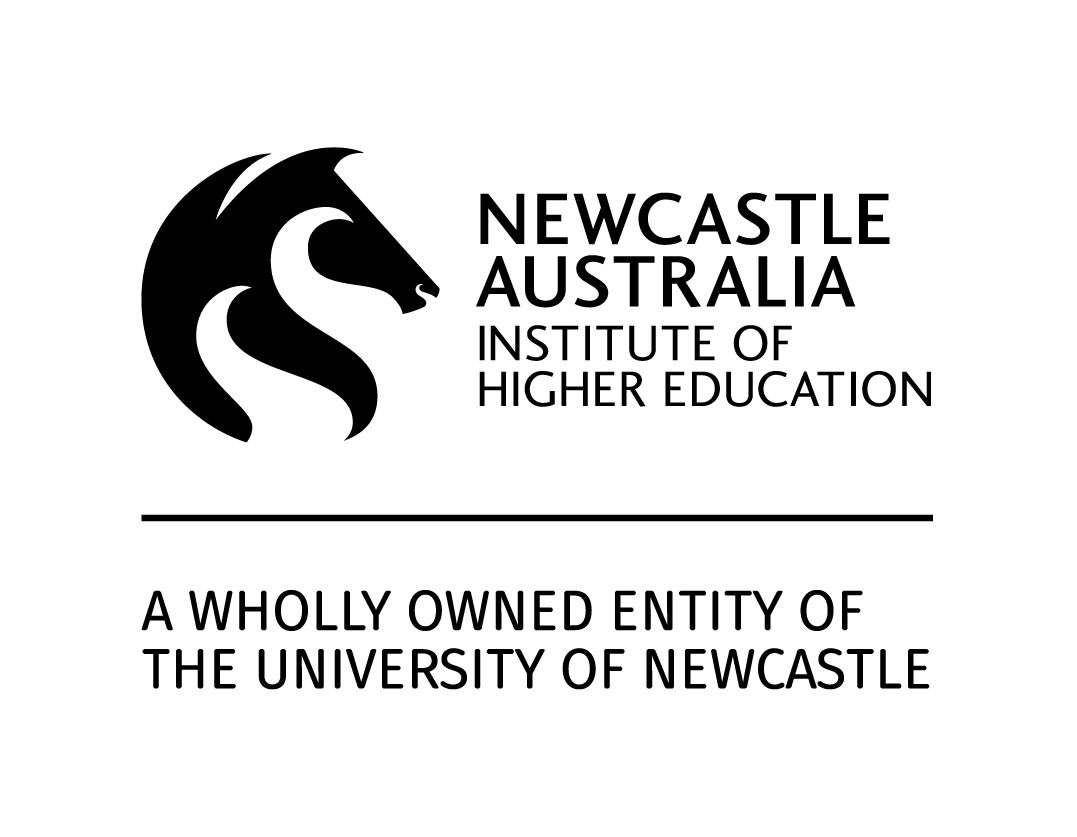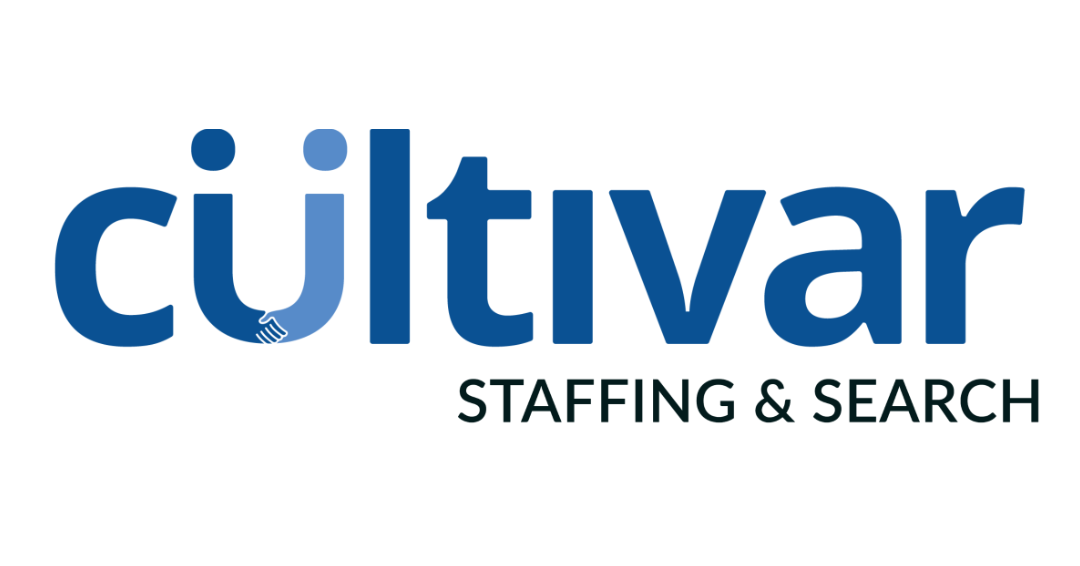Interested applicants are invited to apply directly at the NUS Career Portal
Your application will be processed only if you apply via NUS Career Portal
We regret that only shortlisted candidates will be notified.
Job Description
We are seeking to recruit a research fellow to join the Bezos Centre for Sustainable Protein at the National University of Singapore (NUS) launched on 5 September 2024, the first of its kind in Asia to advance research in alternative proteins. Led by experts from NUS and research institutes in Singapore, the Centre aims to drive global food security and accelerate regional innovation. The focus will be on microalgae research and biomass fermentation, to produce high-quality, affordable, and sustainable microbial proteins from microalgae and biomass fermentation that can be further developed into cultured meat and plant-based protein hybrids. Microbial proteins will be cultivated through fermentation and processed using emerging bio-physical techniques for effective biotransformation, to improve digestibility, flavour, and nutritional profile. The research will also investigate methods to scale up the production of alternative protein products. More information about the centre can be found here: https://www.fst.nus.edu.sg/bezoscentre/.
As a research fellow, you will lead projects to optimise microalgae cultivation processes and apply bio-physical techniques to improve nutritional and organoleptic properties. Appointments will be initially made on a 1-year contract, renewable for up to 5 years.
Responsibilities:
- Conduct research activities in accordance with the Centre objectives involving but not limited to:
i. Conversion of industrial food side-streams into media suitable for microalgae cultivation.
ii. Microalgae cultivations in flask and benchtop bioreactors under batch, fed batch, or continuous modes.
iii. Conduct chromatographic, spectroscopic, and fluorescent analyses to monitor microalgae growth.
iv. Monitor the success of bio-physical techniques via in vitro digestibility studies, chromatography, and advanced microscopic analyses.
v. Assist in scaling up cultivations to pilot scale setting.
- Conceptualise new ideas, plan, and drive the overall direction of projects.
- Independently execute experiments, analyse data, and interpret results in a systematic and logical manner.
- Prepare formal reports, publications, grant applications, and presentations.
- Contribute to project management by overseeing budgets, designating resources, monitoring progress, and managing stakeholders.
- Mentor research assistants, graduate and undergraduate students.
- Coordinate research efforts with an interdisciplinary and international team of researchers within the Centre and other stakeholders.
- Coordinate procurement and liaison with vendors/suppliers.
- Ensure proper laboratory operation and equipment maintenance.
- Other duties as required.
Applications:
Please include the cover letter, CV (including personal particulars, academic and employment history, complete list of publications/oral presentations), academic transcripts, university certificate, and the contact information of 3 referees in your application. Only shortlisted candidates will be notified.
Qualifications
- A PhD degree in food science, bioprocess engineering, chemical engineering, microbiology, or a related discipline.
- Hands-on-experience in any of the following areas: single-cell biomass cultivation, chromatographic analytical methods, flow cytometry, upcycling of food side-streams, bioreactor or fermenter operation, qPCR, design of experiments, in vitro digestibility studies, single-cell downstream processing. Other areas where the candidate can prove its utility towards microalgae/biomass fermentation for food applications are also welcome.
- Proven track record in peer-reviewed research publications and presentations at international conferences.
- Excellent problem solving, critical thinking, and analytical skills.
- Strong verbal and written communication skills in English are required.
- Excellent communication and interpersonal skills to collaborate within a culturally diverse and cross-disciplinary team, and other stakeholders.
- Proactive, with the ability to conduct experiments independently.
- Highly motivated in developing sustainable and novel foods.
- Meticulous, well-organised, and detail oriented.
























